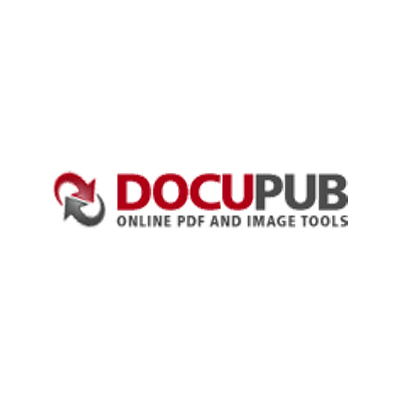Converting DOC to XHTML files can bring numerous benefits, enabling seamless viewing and sharing of documents across different platforms and devices. DOC files are commonly used for word processing and are compatible with Microsoft Word, while XHTML (eXtensible Hypertext Markup Language) is a markup language used for creating web pages. By converting DOC files to XHTML, you can ensure that the content and formatting of your documents remain consistent, regardless of the device or operating system being used. This is particularly useful when sharing documents with others or when publishing content online. Additionally, converting DOC to XHTML allows for greater accessibility, as XHTML files are easily accessible by assistive technologies such as screen readers. Furthermore, XHTML is compatible with a wide range of web browsers, ensuring that your documents can be viewed and accessed by a larger audience. Whether you are a student, professional, or simply someone who frequently works with documents, converting DOC to XHTML can enhance the versatility and accessibility of your files.


















DOC files are a commonly used file format in the world of technology. They are created and used by various word processing software such as Microsoft Word and Google Docs. DOC files are primarily used for creating, editing, and storing text-based documents. These files can contain a wide range of content, including text, images, tables, and graphs. One of the main advantages of using DOC files is their compatibility and widespread support. They can be opened and viewed on multiple devices and operating systems, making them highly accessible. DOC files also offer various formatting options, allowing users to customize the look and feel of their documents. Whether you are writing a business report, drafting a letter, or creating a resume, using DOC files can help you efficiently organize and present your information.
XHTML files are a popular file format used to create and structure web pages. XHTML stands for Extensible Hypertext Markup Language, and it is a stricter version of HTML (Hypertext Markup Language). As a markup language, XHTML provides a set of rules and tags that define the structure and elements of a web page. These files are written using a combination of HTML tags and XML syntax, which allows for more precise and reliable rendering across different web browsers. XHTML files adhere to the standards set by the World Wide Web Consortium (W3C), ensuring compatibility, accessibility, and compliance with web development guidelines. They are commonly used in website development to create well-structured and semantically correct web pages.